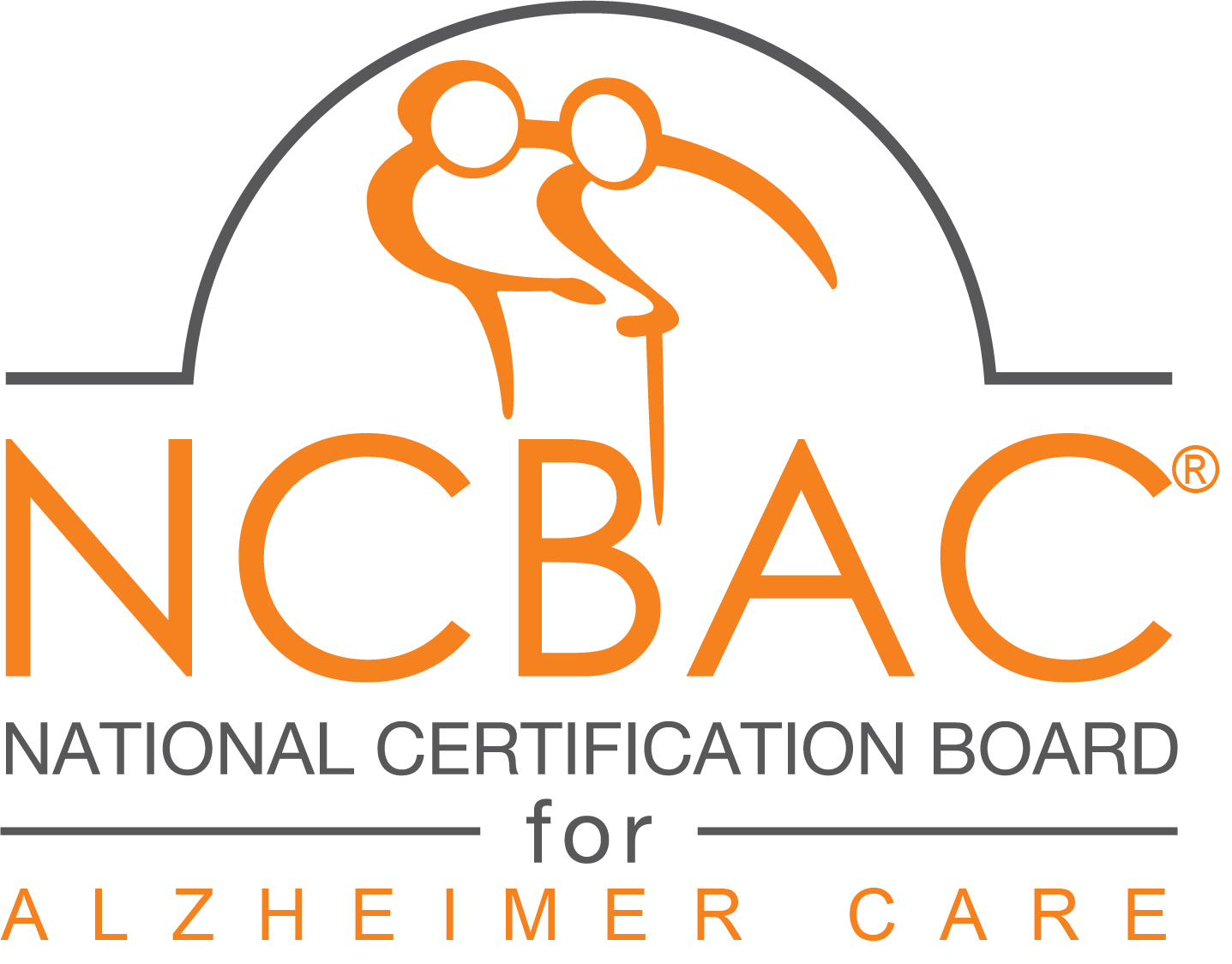I haven’t written recently about the rigors of providing care to a sick loved one, a subject that needs much attention.
But in the past week or two, I’ve been reminded of my omission by a pair of excellent articles on the subject.
The first, by Dr. Dhruv Khullar of Massachusetts General Hospital and Harvard Medical School, appeared in the New York Times online version. The second, by Robin Hamon of the Sanders-Brown Center on Aging at the University of Kentucky, appeared in the Herald-Leader.
